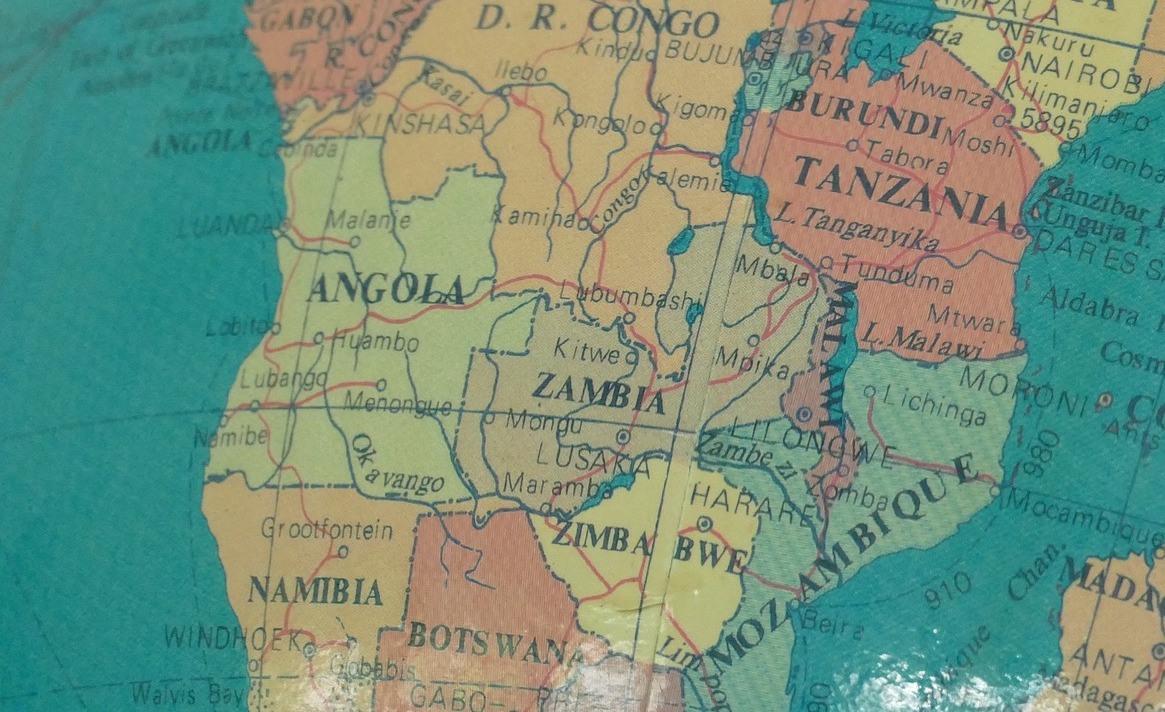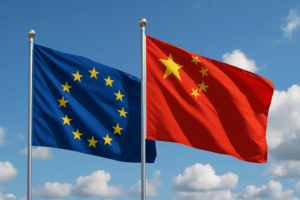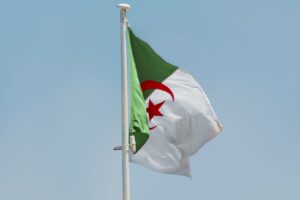Read the policy briefing “Energy in Africa: What relations between Italy and Angola?”
The Mattei Plan, Italy’s new strategy for the African continent presented in January 2024 at the Italy-Africa Summit, confirms Italy’s renewed focus on the African continent. In the aftermath of Russia’s invasion of Ukraine, the government turned to numerous African partners in order to diversify its gas supplies, which at that time were mainly coming from Russia.
Italy’s diplomatic activism concerning Africa also involved Angola. The visit to Rome by João Manuel Gonçalves Lourenço, President of Angola, in May 2023, was the first by an Angolan leader since the country’s independence, and it followed the mission to Angola that Luigi di Maio, at that time Minister of Foreign Affairs and International Cooperation, and Roberto Cingolani, then Minister of Ecological Transition, performed in April 2022. Also in the presence of Eni’s CEO Claudio Descalzi, Rome and Luanda agreed to increase gas supplies by 1.5 billion cubic metres per year, considered of key importance for breaking away from Russian gas. Italian-Angolan relations are primarily involved in economics and trade, driven by the oil & gas sector. To date, Angola is amongst the top ten suppliers of oil to Italy, as well as a supplier of liquefied natural gas (LNG). Although it is the second-largest oil producer in Africa and an emerging gas producer, Angola has seen a decrease in hydrocarbon production, over the last 7 years for oil, and for almost the last 5 years for natural gas.
The example of Angola clearly shows that setting up a partnership based on the use of fossil fuels, particularly oil in this case, has not benefited the country’s all-round development in any way, and on the contrary it has fostered a vicious circle of indebtedness, poverty and inequality. The analysis shows that, given the country’s high degree of dependence on the production and sale of hydrocarbons, the national economy is extremely vulnerable to the volatility of crude oil prices. Likewise, relying on an emerging gas industry involves numerous risks: investing in the development and consolidation of the gas sector means facing stranded capital, in other words, the impossibility of recovering investments as they are no longer profitable due to a collapse in prices and demand. As a result, if Angola does not adopt any measures to diversify its economy, its gross domestic product (GDP) could shrink by up to 6% by 2050.
Angola should therefore embark on a path of political and institutional reforms, which would give it access to new climate finance and diversification of the national economic system by leveraging non-oil sectors such as renewable energy, sustainable agriculture, critical mineral industry, fisheries and eco-tourism. These sectors, as they are highly vulnerable to the impact of climate change, should be supported by policies connected to adaptation, as achieving climate resilience is inseparably linked to the success of Angola’s economic diversification.
Therefore, the Mattei Plan for the development of the African continent offers an opportunity to redefine a new partnership with Angola. However, a partnership based on the exploitation of fossil fuels is not only not economically viable in view of a declining Italian and European demand for oil and gas according to all scenarios, but it is also on a collision course with market trends (this is particularly marked in the decarbonisation scenario aligned with 1.5°), considering Italy’s commitments regarding climate and its national foreign policy objectives, which aim to promote stability on the African continent.
In the name of innovation that should hallmark the Mattei Plan, a new partnership between Italy and Angola should instead focus on a concrete commitment by the Italian government with respect to the following factors:
- Commit to stop promoting new gas and oil exploration and development projects, both through a clear political direction and via public finance, in order to avoid the risk of stranded capital, namely investments that are no longer profitable.
- Redirect public finance instruments such as SACE guarantees and the Italian Climate Fund (FIC) to support non-oil and emerging sectors such as critical minerals and renewable energy projects, sustainable agriculture, fisheries and eco-tourism. These are sectors that have an unexploited potential. The Angolan government has declared its intention to develop them in order to attain the country’s true economic diversification, something that is now unavoidable and urgent, and whose implementation also corresponds to the objectives of the Mattei Plan, which aims to foster the economic development of African countries in order to promote stability on the continent.
- Anchor a renewed Italian focus on Angola within the framework of the Mattei Plan, to the EU’s broader strategy of cooperation with Angola, by means of instruments and operations such as the Sustainable Investment Facilitation Agreement (SIFA) and the Global Gateway Initiative.
- Support the adoption of adaptation policies in the country that can systematically address losses and damage in the territory. More in general, climate change adaptation policies should be part of a broader framework within a long-term strategy, something that today is lacking, that can define the country’s commitments, in terms of policies and targets, towards the achievement of the Paris Agreement goals. More specifically, the link between climate and food security should be taken into account, as expressed to Italian Prime Minister Meloni at COP28.
- Activate and strengthen forms of economic and industrial diplomacy to identify zero-emission projects that can mobilise private finance and underpin long-term planning operations, including support for innovation and capacity building along the value chain.
- Finally, Italy should provide active support for the Angolan government in identifying a model for the transition of the tax system, together with Europe, UN institutions and Multilateral Development Banks.
Read the policy briefing “Energy in Africa: What relations between Italy and Angola?”
Photo by SmallmanA







